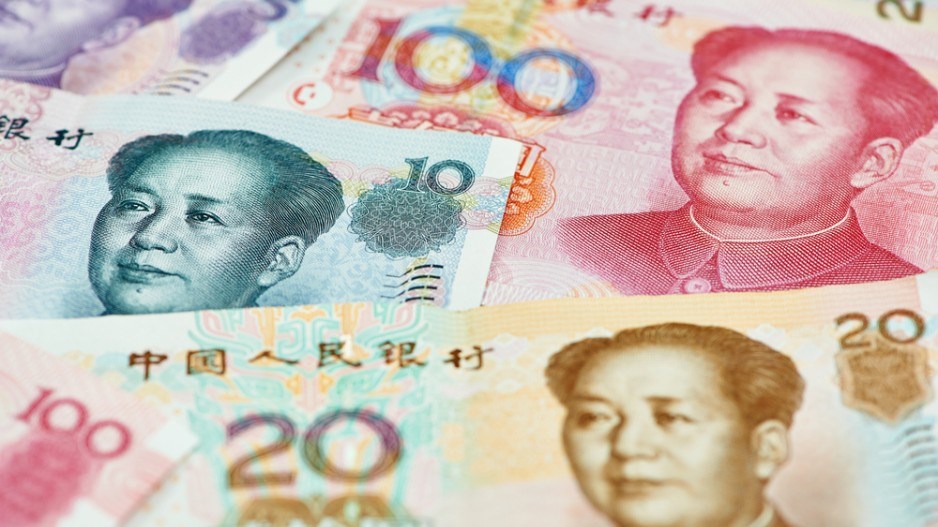The news this week, besides local news about oil spills in English Bay, seemed to be all about money.
First was a story about a corruption trial in China for a former deputy logistics chief of the People’s Liberation Army, who is accused of embezzling more than 20 billion yuan. The man had built himself a pistol-shaped house that was filled with artifacts, including two trucks full of luxury liquor.
On the flip side was a story about Stanford grads turning down big bucks – as much as $150,000 a year right out of school – in favour of jobs that made them feel engaged and had them working with interesting people.
And about Indonesian workers earning 50 cents an hour, trying to fill in where China’s labour is growing too expensive. Check out the photo with the story if you want to see workers making false eyelashes (I guess if someone is going to buy them, someone has to make them).
With that kind of entrepreneurship, Indonesia should grow substantially over the next 15 years becoming the world’s 13th largest economy by 2030. The world’s powerhouses will remain the United States and China, followed by India (moving up from its current spot at 8th). Canada will be ninth.
Global trade may help countries like Indonesia and India grow through exports of cheap products but there may be some negative health side effects especially if free trade agreements are involved. According to the Guardian, free trade agreements are leading to obesity in some countries. Why? Well it seems that the agreements are opening up countries to fast food factories, countries that traditionally relied on healthy, home-grown food. While that may be good for the country, it isn’t good for the locals who are also increasingly suffering from diabetes.
Unrelated to trade, one problem with trying to earn more money is that it provides less time for sleeping. On average, the highest earners sleep 40 minutes less than the lowest-paid workers. Sleeping less than six hours a night can lead to cognitive impairment (which may explain why some senior people do dumb things – see last week’s blog).
Higher earners could try having an apple a day to make them feel better. Oh, wait. Apparently that doesn’t work. Neither do brain games.
So perhaps try a campari to relax and put you to sleep. No, wait. That’s not going to work either.




